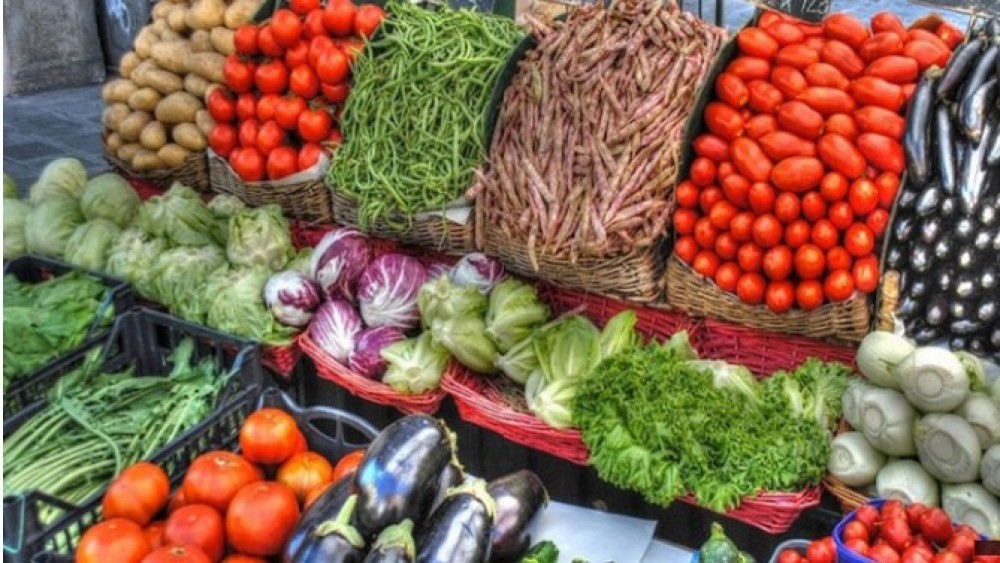As the world’s leading producer of cocoa and cashew nuts, Côte d’Ivoire has an abundance of agricultural resources. Agriculture, like other key sectors, is the cornerstone of the country’s economy. To consolidate its position and accelerate its development, the country needs to succeed in the challenge of industrialization.
Côte d’Ivoire represents 40% of the world’s cocoa production. For the 2023/2024 season, the country produced 1.8 million tonnes of cocoa beans. The country is also the world’s leading cashew nut producer, with 1.2 million tonnes produced in 2023. Côte d’Ivoire is also one of the world’s leading producers of coffee, palm oil, rubber, cotton, cola and shea.
The agriculture sector naturally represents an important part of the national economy. It contributes over 20% to the national GDP and employs over 40% of the working population. Recognizing this strong potential, the Ivorian government has made the development of the agricultural sector a priority.
In order to boost growth and encourage public and private investment in the sector, a National Agricultural Investment Program (PNIA) has been initiated. The first stage ran from 2010 to 2015, after the post-election crisis, and was extended to 2016. According to the Ivorian government, this phase revitalized agriculture and laid the foundations for a structural transformation of the sector. During this first phase, the government claims to have achieved food self-sufficiency in the poultry and cassava sectors, almost 100% self-sufficiency in the yam sector and 66% self-sufficiency in the rice sector.
Encouraged by these results, the country has launched the second phase of its agricultural sector development project. PNIA II, running from 2018 to 2025, aims to develop a sustainable, competitive Ivorian agriculture that creates equitable distribution of resources. The government now plans to strengthen the industrialization of its agriculture.
This is how Côte d’Ivoire has initiated a process to accelerate the development of agricultural primary products, between 2016 and 2020. The project covers in particular cashew nuts, cocoa, cotton, rubber and fruit and vegetables.
“We’re used to say that Côte d’Ivoire is an agricultural country, but most of our production is exported, with low processing rates. We produce 40% of the world’s cocoa – which shows just how important we are – but we only transform 33% of it, which is just under a third. The goal is to transform 50% by 2030”, said Kaba Nialé, Côte d’Ivoire’s Minister of the Economy, Planning and Development, at the IMF/World Bank Spring Meetings in Washington last April. This vision is part of the 2021-2025 National Development Plan, which includes a strong focus on the industrial sector.
The industrialization challenge
Developing national industry is the first pillar of the National Development Plan 2021-2025. Côte d’Ivoire’s Minister of Trade and Industry, Souleymane Diarrassouba, revealed that the country’s aim is to increase the contribution of industry to GDP, currently estimated at 21%, to 30% by 2030. The country’s industrialization plan is based on seven major priorities: agro-industry, packaging, building materials, pharmaceuticals, textiles, automotive and parts, and chemicals.
From 2016 to 2020, the country’s industrial infrastructure has been strengthened. Most notably, in 2018, the government rehabilitated the industrial zone of Yopougon (a locality in Abidjan), which covers an area of 470 hectares and includes 400 companies.
A program to develop new industrial zones has also been launched in other towns across the country, including Bonoua, Yamoussoukro, Aboisso/Assouba, Bouaké, San Pedro, Korhogo, Ferké and Séguéla.

